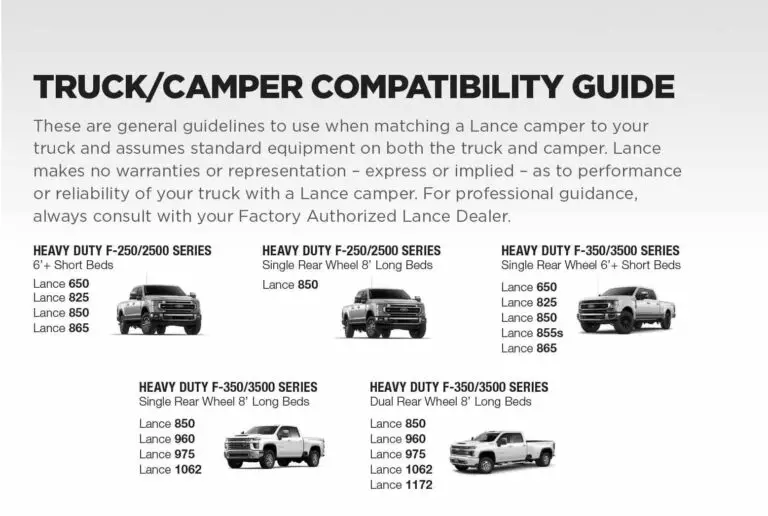
How Much Does a 350 Engine Weigh? Comprehensive Guide
A 350 engine typically weighs around 570 pounds. The weight of a 350 engine usually hovers around 570 pounds. These engines are commonly used in a variety of vehicles, including...

A 350 engine typically weighs around 570 pounds. The weight of a 350 engine usually hovers around 570 pounds. These engines are commonly used in a variety of vehicles, including...
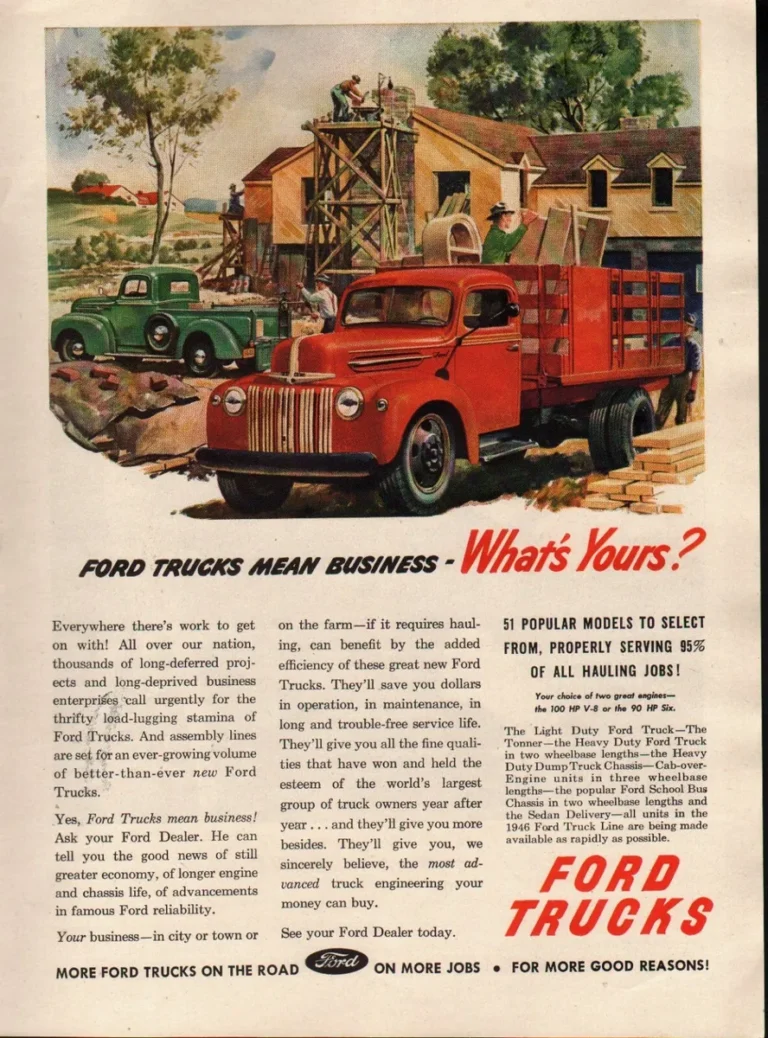
A ’46 Ford engine can last for several decades if properly maintained and serviced regularly. It is crucial to follow recommended maintenance schedules and address any issues promptly to ensure...

Yes, the Ford 4.9 engine is widely regarded as a good engine due to its reliability and durability. Offering strong performance and straightforward design, it has proven to be a...

Common problems with the Ford 4.2L V6 engine include oil leaks and camshaft sensor failure. This engine is prone to oil leaks from the valve cover gaskets and rear main...
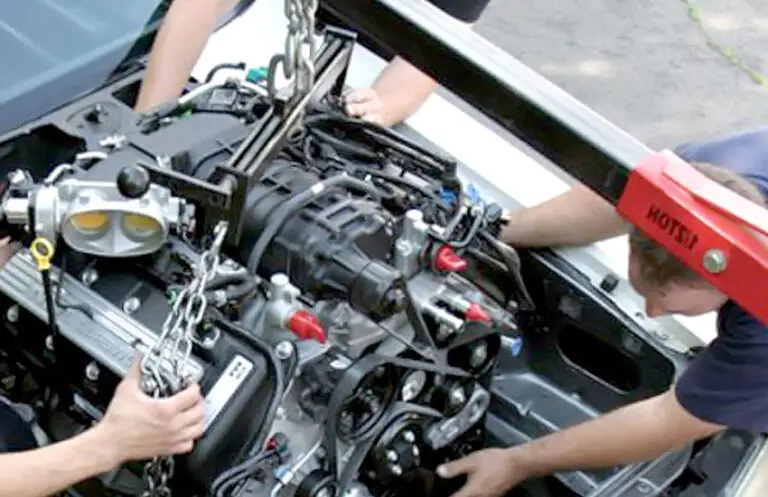
After an engine replacement, it is important to perform a thorough inspection and testing to ensure proper functionality and prevent future issues. The following steps should be taken to ensure...
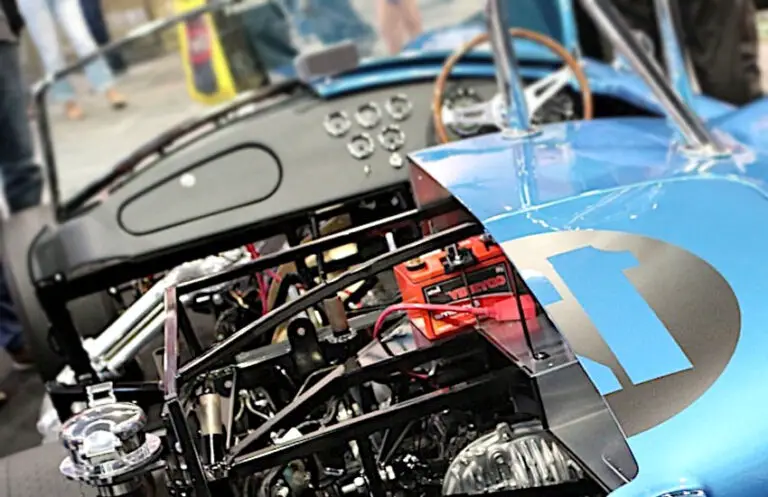
Problems with Blueprint Engines include issues with quality control and customer support. Blueprint Engines may experience challenges in maintaining consistent quality standards and providing satisfactory assistance to customers. Are you...
To fix a hydrolocked engine, you need to remove the spark plugs and crank the engine to expel the water from the cylinders. Once the water is removed, replace the...

The Chevy Impala may show reduced engine power due to issues with the throttle body or the electronic throttle control system. This can be caused by carbon buildup, which can...

The engine ground wire is usually located on the engine block connected to the chassis. This wire enables electrical current to flow efficiently within the engine. The engine ground wire...
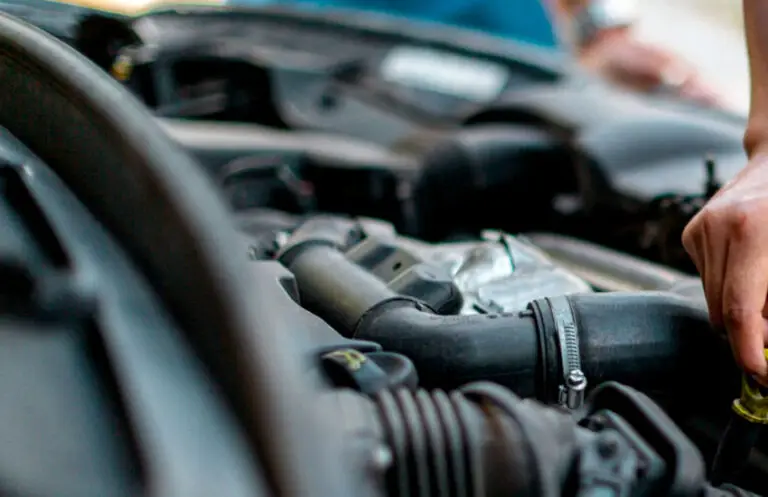
Imagine driving down the road, and suddenly, your car won’t start. You turn the key, and all you hear is a click, click, click sound. It’s a frustrating situation that...
Reduced engine power in Chevy Equinox is caused by issues with the fuel system or electrical components. Common Reasons For Reduced Engine Power The reduced engine power in Chevy Equinox...

The engine knocks at startup due to improper fuel-to-air ratio, causing ignition timing issues. This can lead to premature combustion, resulting in the knocking sound. At startup, if you hear...

Your engine sounds loud because there may be a problem with its exhaust system or engine components. Are you concerned about why your engine sounds loud? A loud engine noise...
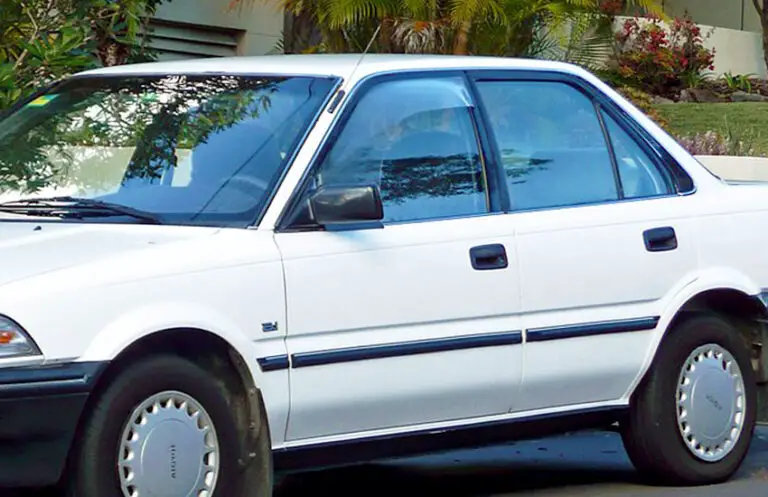
Some Toyota cars have non-interference engines, meaning the engine won’t get damaged if the timing belt breaks. Older models like the 1995-2002 Toyota Avalon, the 1990-1995 Toyota Camry with the...
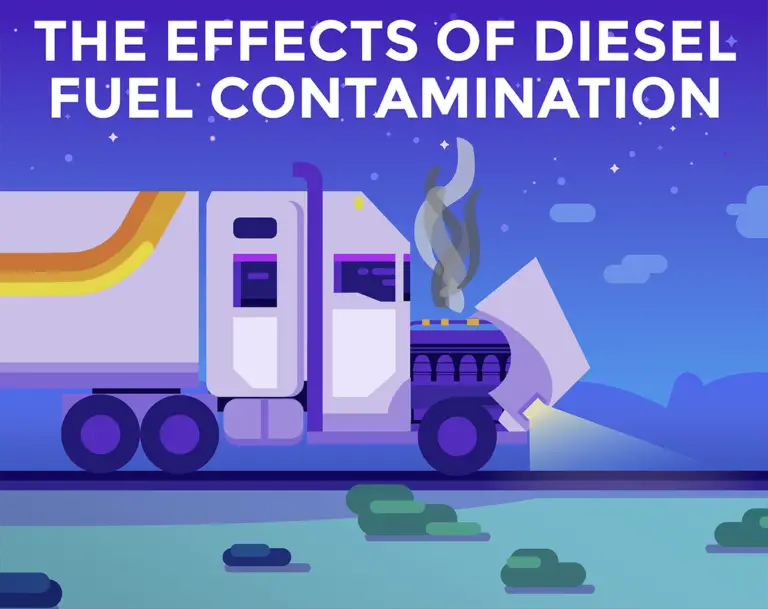
Diesel fuel will not ruin a gas engine as long as it is not mistakenly used. Diesel fuel is specifically formulated for diesel engines and using it in a gas...
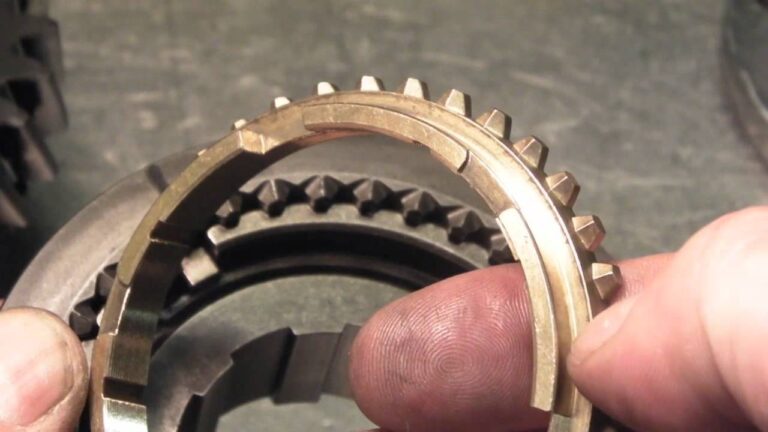
The symptoms of bad synchros include grinding or clunking noises when shifting gears and difficulty shifting into or out of gear. These symptoms may indicate that the synchronizers in the...
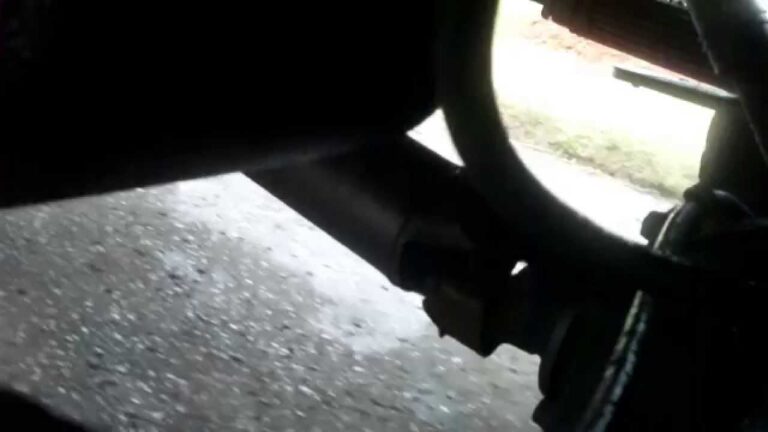
A bad U-joint may produce a clunking or squeaking sound, especially during acceleration or deceleration. This noise typically indicates worn or failing universal joints in the drivetrain. If left unrepaired,...
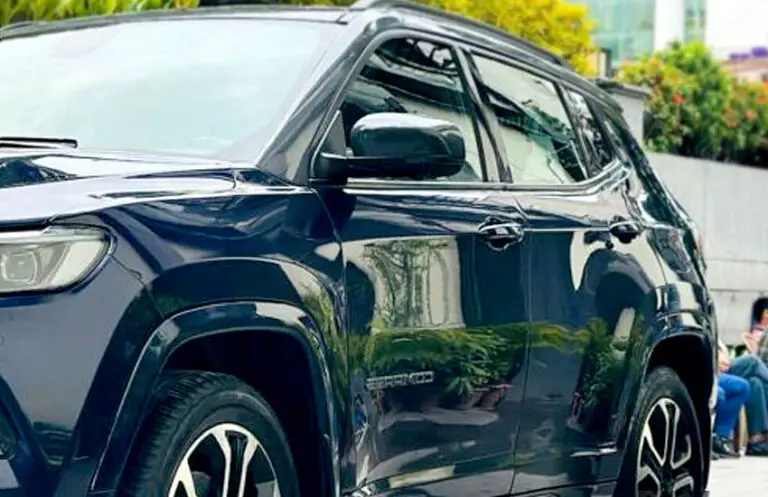
When your car’s parking pawl is bad, you might notice some signs. One symptom is that your car might roll away even when it’s supposed to be parked. You might...
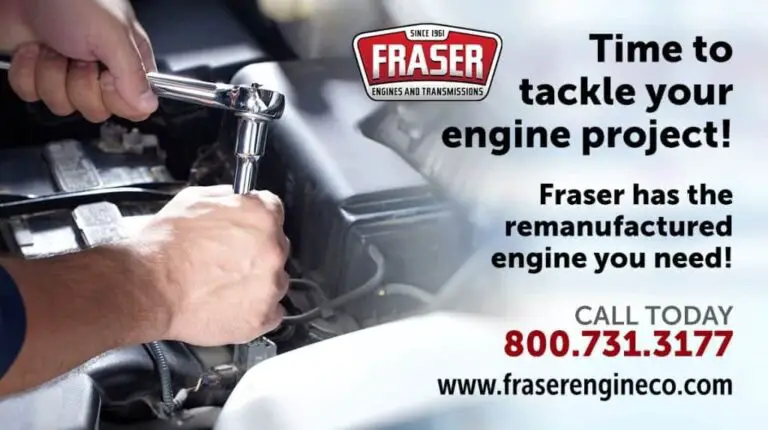
When deciding between Jasper and Fraser engines, consider quality, warranty, and compatibility with your vehicle type. Both brands are reputable and offer reliable options for engine replacements. Choosing the right...
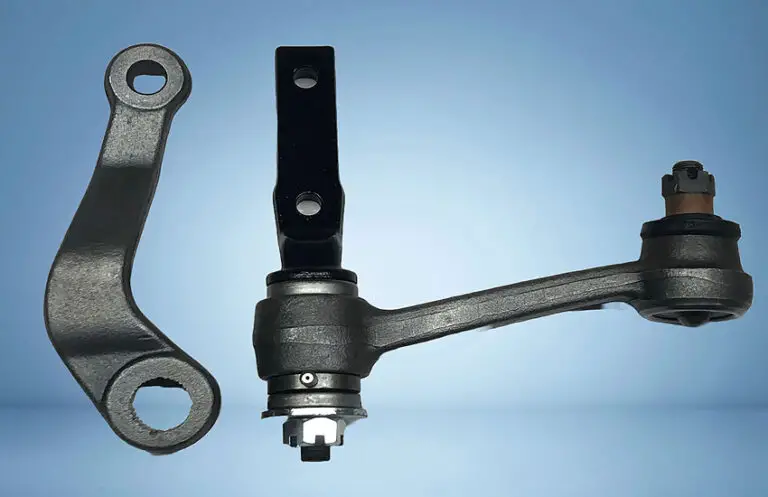
You’re driving your car, and you might feel the steering isn’t quite right. Ever wondered what makes your car turn smoothly? It’s the Pitman arm and idler arm! These parts...